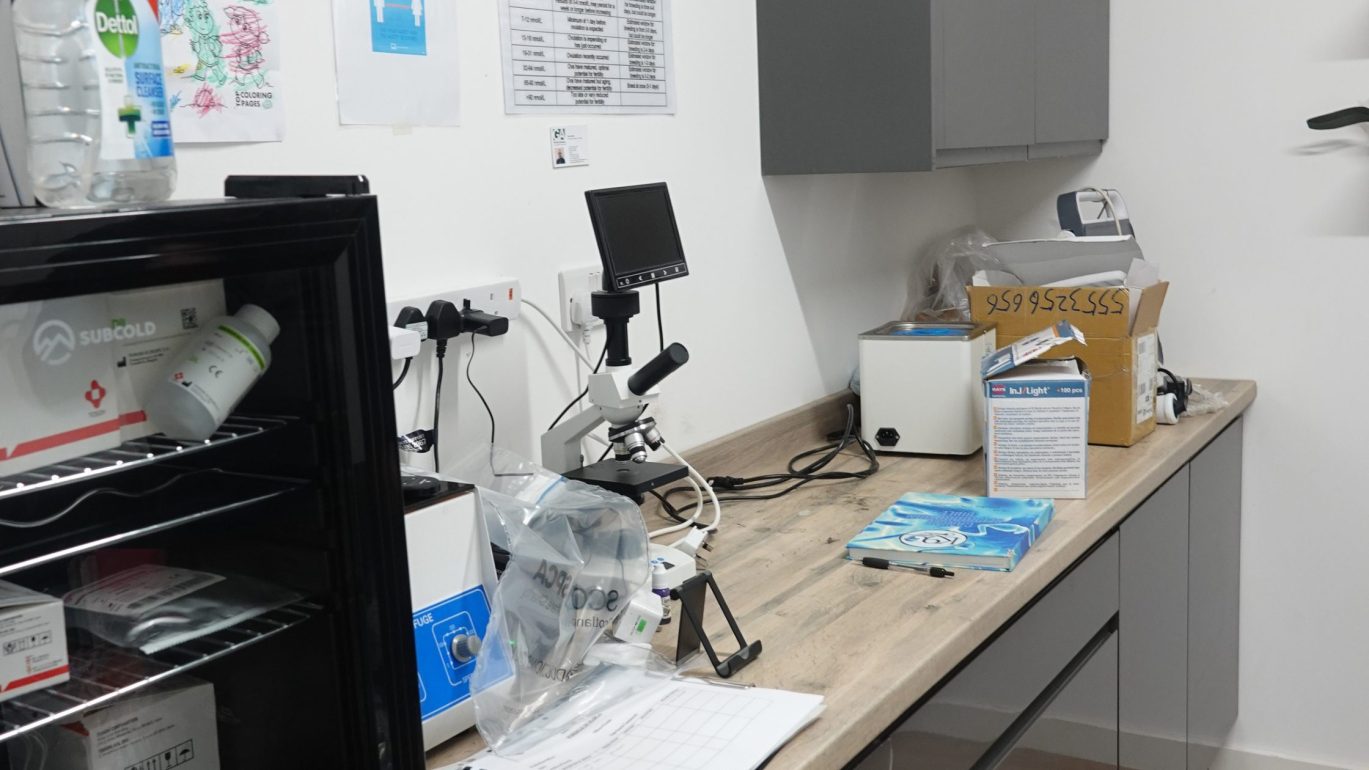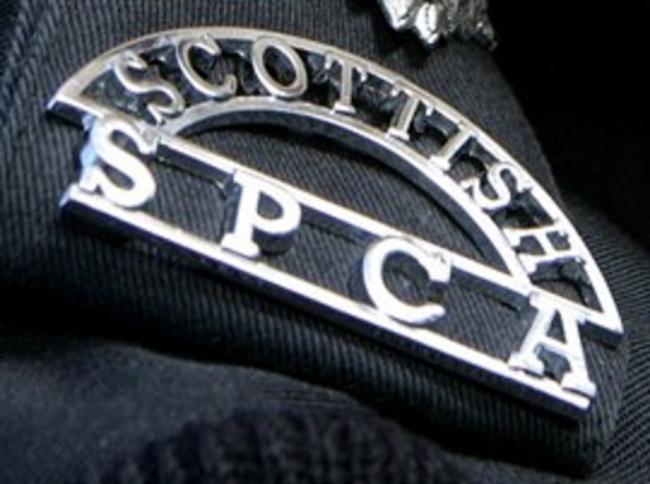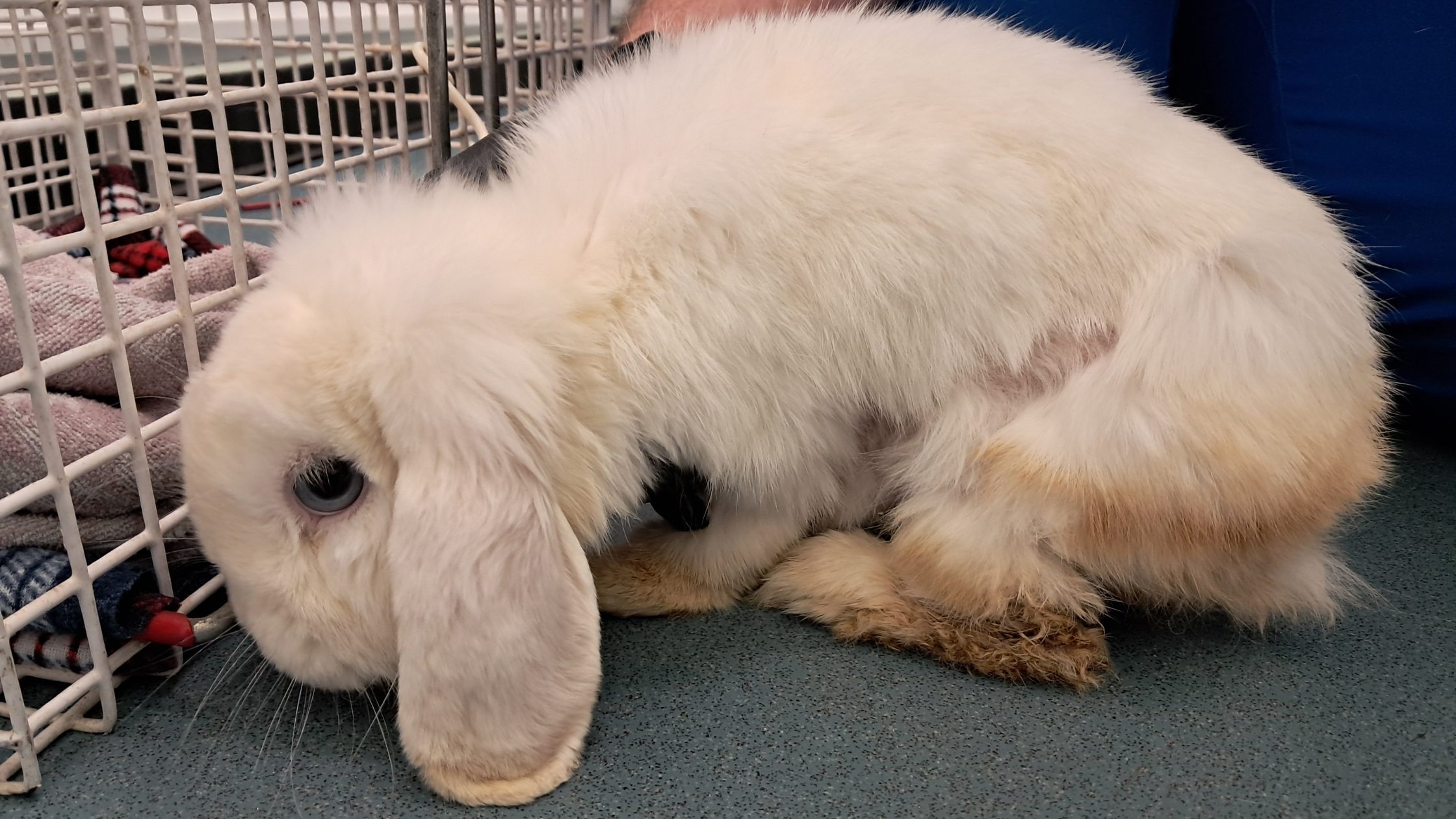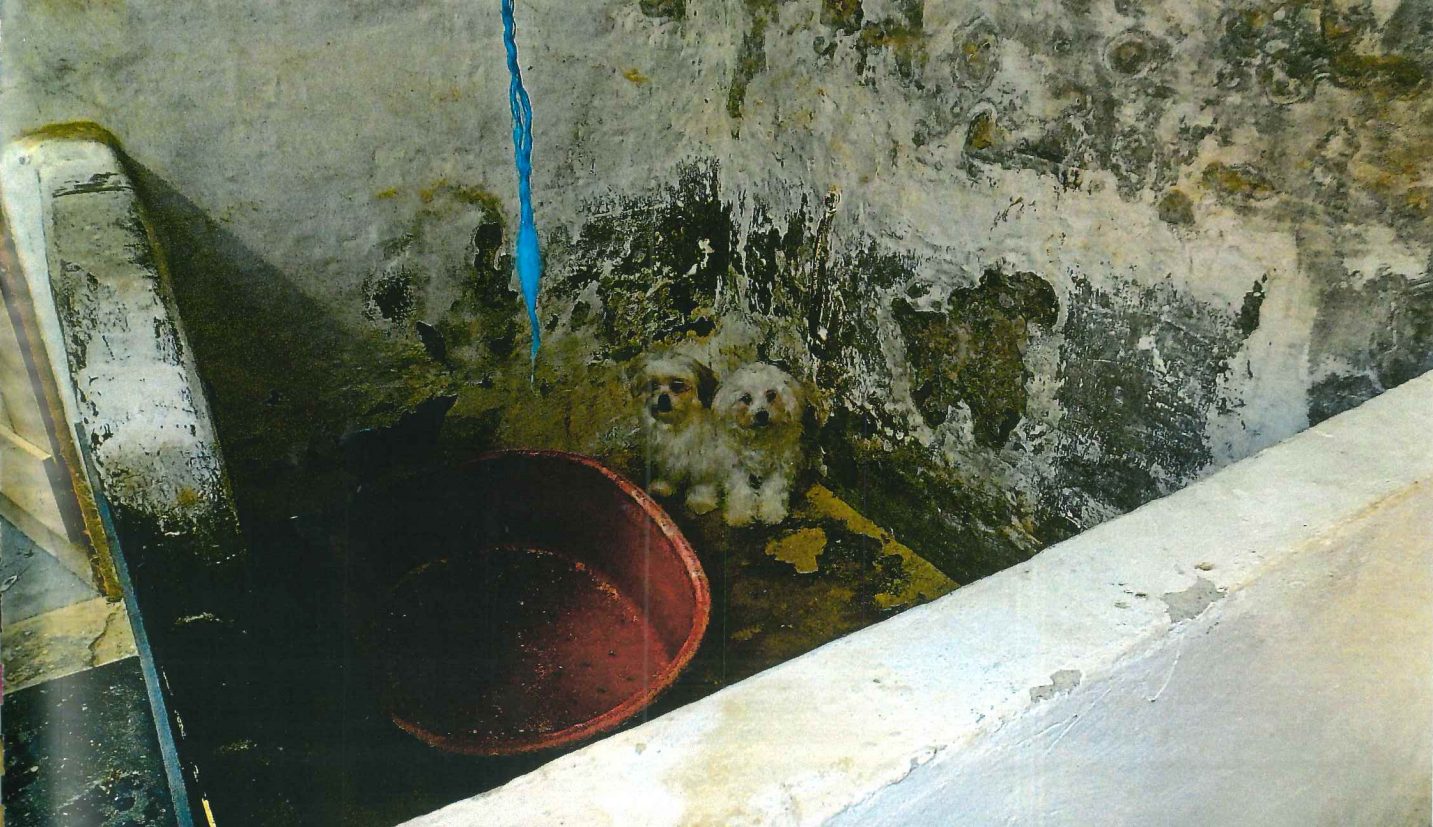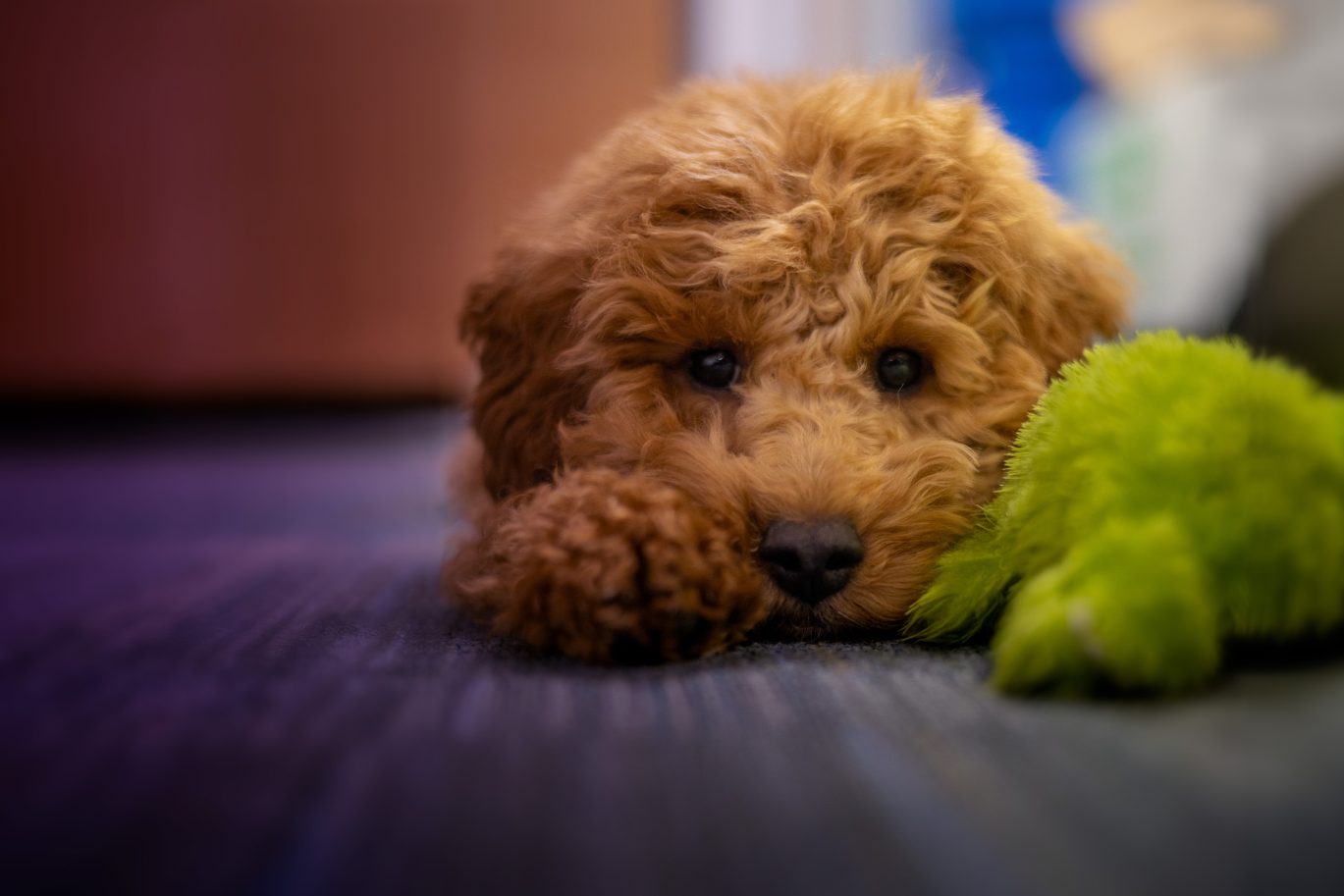A man who ran a K9 fertility clinic, has been disqualified from providing service for animals for five years.
Gary Bain and Coral Abel from Aberdeen, pled guilty to multiple attempts to take intravenous blood samples, while being an unqualified and unsupervised person to do so from a golden retriever dog named Zara, resulting in distress, pain and suffering, at their canine fertility clinic.
They also made multiple attempts to carry out internal artificial insemination.
Bain was sentenced on 21 March at Aberdeen Sheriff court and Abel was sentenced on 21 February at the same court.
Bain received a £900 fine and disqualification order prohibiting providing service for animals for five years. Abel received a Community Payback Order of 100 hours unpaid work to be completed in 12 months.
A not guilty plea was accepted for Aberdeen K9 Ltd run by Bain.
A Scottish SPCA Special Investigations Inspector reported: “We are currently seeing a significantly rising trend of serious and organised crime groups opening dog fertility clinics nationally.
“This is a way to launder illegal proceeds through a legitimate business. There is no formal; qualifications needed to open a dog fertility clinic, which offer services such as ultrasound and non-invasive fertility treatments.
“However, intrusive surgeries including taking blood samples intravenously can only be taken by qualified individuals such as veterinary surgeons or veterinary nurses under supervision.
“A witness attended K9 Fertility Aberdeen to check their golden retriever dog, Zara.
“While Abel was taking the intravenous blood sample, she did not wear gloves and carried out the procedure on the floor which was particularly dirty, covered in dog hair and was described by the witness as being very unhygienic.
“Abel took multiple attempts to find the vein in the dog’s foreleg and as a result blood sprayed everywhere as well as pools of blood on the floor.
“It was clear to the witness that Abel was not proficient or confident at obtaining the intravenous blood sample. The witness was concerned that Abel was hurting and injuring her dog as it took so many attempts to obtain the blood.
“Abel used the blood sample to put through the progesterone testing machine. Progesterone machines test the hormone level (fertility levels) within female dogs, which, determines the optimal time for artificial insemination (AI).
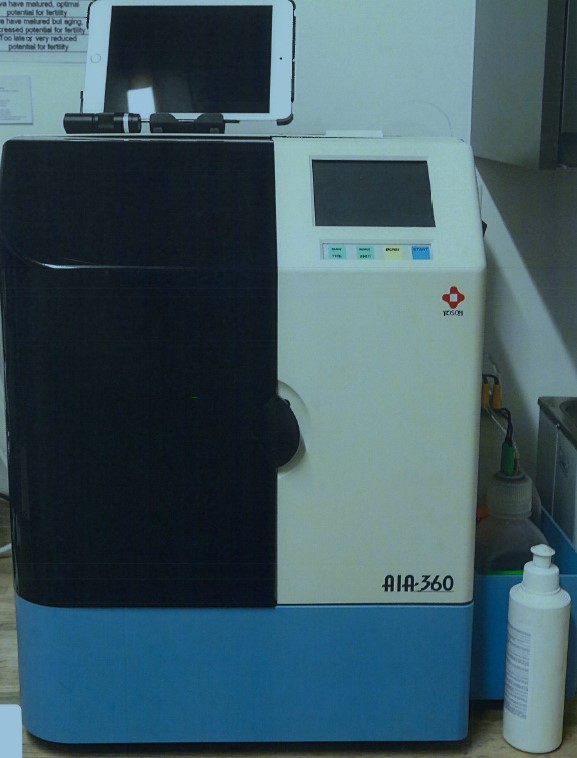
“Zara’s fertility levels registered as being too high and therefore the procedure should not have been carried out.
“The witness was feeling distressed and panicked at seeing and hearing her dog in pain and found the entire process was a huge ordeal for herself and Zara.
“The witness made an official complaint regarding the entire incident, to the owner of the canine fertility clinic business, Gary Bain.
“When we attended, we observed that the rear of the premises was divided into two rooms, a fertility treatment room and directly next door was the dog grooming area. The conditions to the rear of the premises were generally dirty, with dog hair all over the floor. The conditions inside of the fertility treatment room were not sterile or even clean. The surfaces of the work tops were dirty and unhygienic, the floor was covered in dog hair, grime and dirt and were a real cause for concern.
“The unclean, unhygienic environment poses the potential for spread of disease and a real risk of introducing bacterial infection into bitches who are there for the purposes of artificial insemination (AI).
“We are disappointed with the sentencing as there were animal welfare concerns raised here. The collection of blood from a non-qualified person as well as being illegal was detrimental to the welfare of Zara. As this individual was not properly trained or qualified, she did not ensure the welfare of Zara during these procedures.
“This event caused Zara distress, pain and in our opinion unnecessary suffering. By performing this in a dirty room and not using gloves to handle the equipment this put Zara at risk of an infection.”
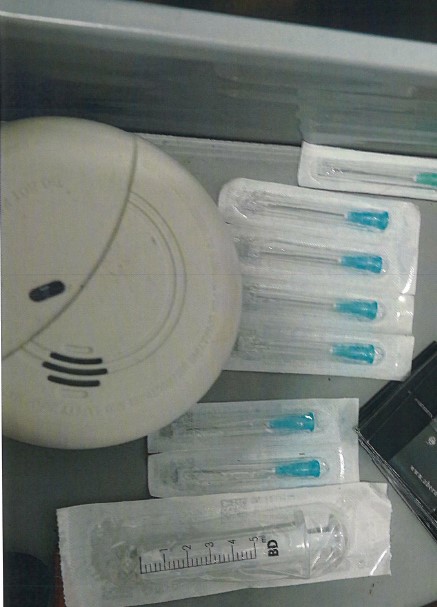
The Scottish SPCA’s Special Investigations team is leading the way in the UK when it comes to tackling this evolving trend of procedures such as artificial insemination of animals being conducted by those who are not qualified to perform. Whilst the Scottish SPCA welcomes the proposed licensing of Canine Fertility Services in Scotland it will be imperative that licensing inspections are conducted by registered, experienced veterinary surgeons. The Scottish SPCA continues to advocate for a complete overhaul of the Veterinary Surgeons Act 1966 which is outdated and no longer fit for purpose.
If anyone is aware of any similar instances or other serious, organised or protracted (prolonged) animal related crimes. Please contact The Scottish SPCA via the form.
